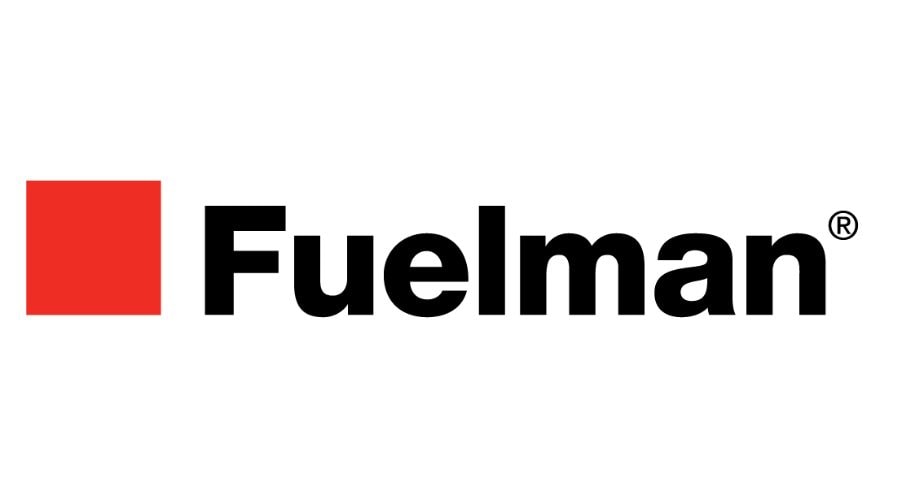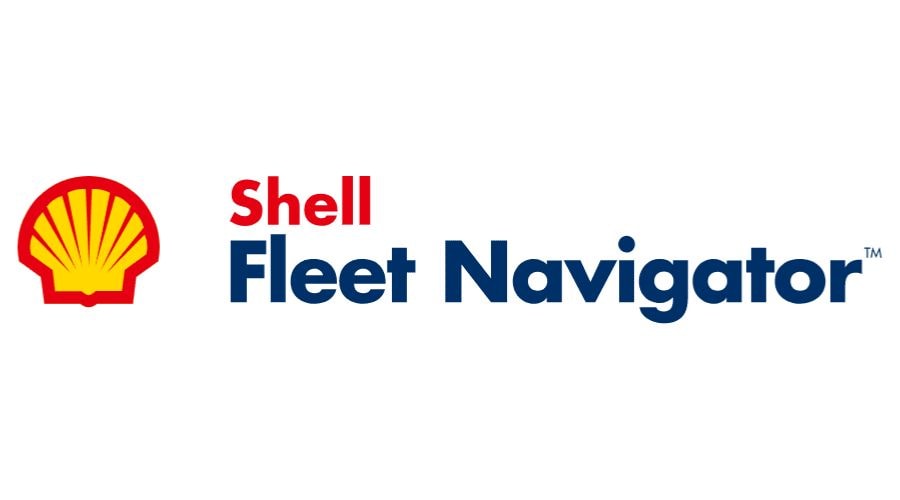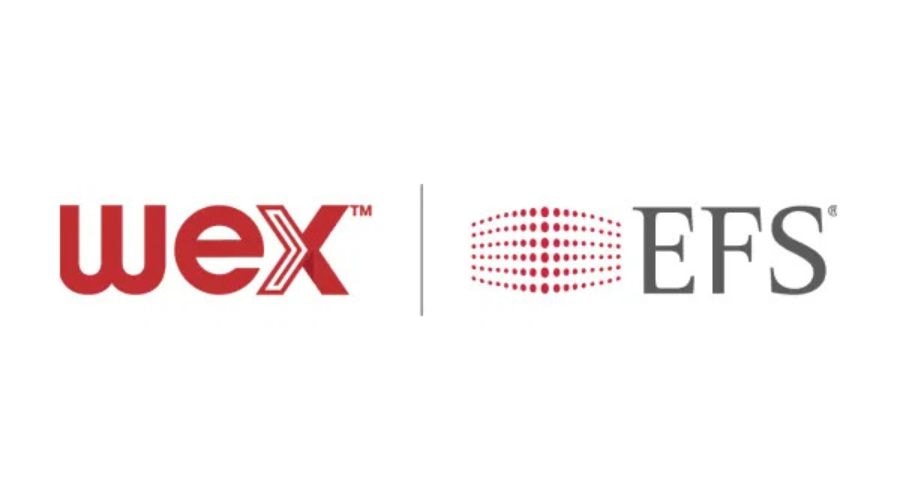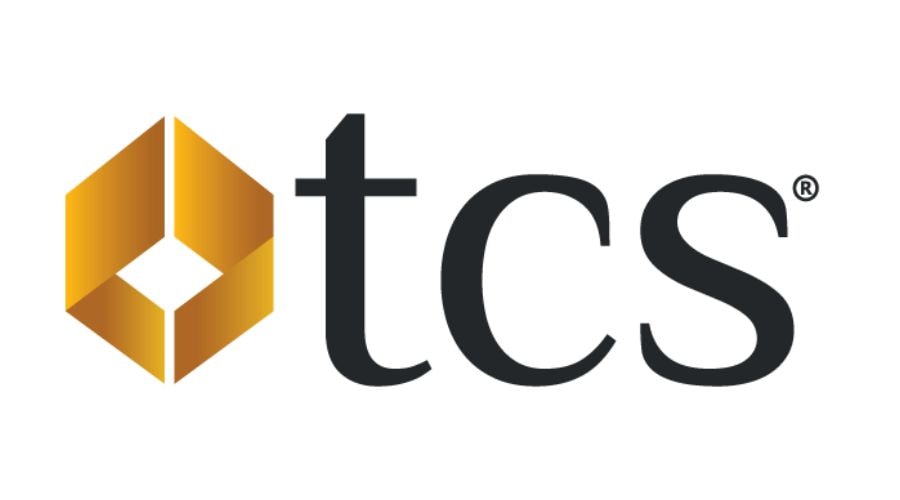
Top 5 Fuel Cards for Truckers 2025: Guide to Fleet Card Benefits and Savings
Fuel cards for truckers help reduce fuel expenses while providing better expense tracking and fraud protection than cash or credit cards. With diesel costs averaging $70,000 annually for owner operators, the right trucking fuel cards can deliver significant fuel savings through network discounts at truck stops and operational efficiencies.
Ready to start saving on fuel costs? Get your AtoB fuel card today and join thousands of trucking companies already cutting their fuel expenses.
Key Takeaways
• Top fuel cards save 15¢-50¢ per gallon with specialized trucking networks offering higher fuel discounts than universal cards
• Annual savings range $3,000-$25,000 depending on fuel consumption and card selection
• IFTA compliance becomes automated with detailed fuel purchase tracking by jurisdiction
• Credit requirements vary widely - some cards require no credit approval, while others need strong business credit
• Network coverage ranges 95%-99% but truck accessibility varies significantly by fueling locations
• Transaction fees impact total savings - factor in all costs when comparing programs
• Security features prevent fraud losses averaging $500-$2,000 per incident industry-wide
{{CTA}}
Top 5 Fuel Cards for Truckers
1. AtoB Fuel Card

AtoB delivers comprehensive fleet fuel management with competitive fuel discounts and advanced technology integration. Their Mastercard-powered network ensures universal acceptance at gas stations while providing trucking-specific features that help fleet managers maintain tight control over fuel expenses with customizable card controls.
Best for: Mixed fleets and tech-savvy operators seeking comprehensive controls
Key Features:
• Discounts of 45¢ on average and up to $2.00 per gallon at stations
• 99% acceptance through the Mastercard network
• Fraud protection up to $250,000
• Telematics integration and real-time controls
Pros: Universal acceptance, advanced security features, flexible credit application process
Cons: Monthly fees apply, premium features cost extra
2. Fuelman Fleet Card

Fuelman focuses on comprehensive fleet management tools with extensive reporting capabilities. Their established network provides reliable coverage for diverse fleet operations, making them particularly suitable for small trucking companies that prioritize detailed expense tracking over maximum fuel discounts.
Best for: Established fleets wanting comprehensive management tools
Key Features:
• 1-3¢ per gallon discounts at select locations
• 95% acceptance nationwide
• Detailed reporting and accounting integration
• 24/7 customer support
Pros: Extensive network coverage, strong fleet management tools
Cons: Lower average savings, transaction fees may apply
3. Shell Fleet Navigator

Shell leverages their branded network to provide competitive discounts while offering broad acceptance through partnerships. Their promotional rates attract new users with immediate savings, though the highest discounts remain tied to Shell-branded fueling locations.
Best for: Operations frequently using Shell stations
Key Features:
• 5¢ per gallon at 13,000 Shell locations
• Access your account anytime, anyplace
• 24/7 customer support
Pros: No annual fees, attractive promotional pricing
Cons: Highest discounts limited to Shell locations only
4. EFS Fleet Card

EFS specializes in comprehensive truck stop coverage with strong partnerships across major chains. Their program targets larger fleets needing extensive operational support, including driver settlement capabilities and maintenance discount programs that extend value beyond fuel purchases.
Best for: Large fleets needing comprehensive truck stop coverage
Key Features:
• Up to 40¢ per gallon at select locations
• Major truck stop partnerships (TA Petro, Pilot Flying J)
• Driver settlement capabilities
• Multiple funding options
Pros: Strong truck stop network, factoring integration available
Cons: Complex fee structure, requires good credit
5. TCS Fuel Card

TCS provides trucking-focused solutions with industry-leading discount rates. Their AAOO partnership delivers exceptional value for association members while serving independent operators who prioritize maximum fuel savings over broad network coverage.
Best for: AAOO members and dedicated trucking operations
Key Features:
• 48¢ per gallon average savings for members
• 2,000+ truck-compatible locations
• Specialized trucking industry focus
• No volume restrictions on gallons purchased
Pros: Highest reported discount rates, truck-specific network design
Cons: Limited to qualifying members, possible geographic restrictions
{{CTA}}
How Do You Choose the Best Fuel Card for Your Trucking Business?
Choosing the right fuel card requires analyzing your operational patterns, route characteristics, and financial priorities to ensure optimal fuel efficiency and cost-effectiveness. Fleet size significantly impacts available options, as larger trucking businesses can access volume-based pricing while smaller fleets need to prioritize high per-gallon discounts and minimal transaction fees.
Route analysis determines which network provides the best value for your specific operations. Over-the-road truck drivers benefit from truck stop-focused cards like TCS, while regional operations may prefer cards with universal acceptance, despite lower discount rates. Key considerations include:
• Geographic coverage along your primary routes
• Truck accessibility at discount locations
• Diesel fuel availability, including DEF at participating stations
• Operating hours compatibility with your schedule
Financial impact extends beyond simple discount calculations. Consider total program costs, including transaction fees, purchase limits, and credit requirements, when evaluating options. Advanced fleet management features can provide operational value that justifies higher program costs through improved efficiency and reduced administrative burdens.
Also read: Benefits of Fleet Management
What Are the Benefits of Using Fuel Cards for Truckers?
Fuel cards for truckers offer multiple operational advantages that cumulatively create significant business value beyond simple cost savings. Direct fuel discounts are the most visible benefit, with programs offering reductions of 25-50¢ per gallon, which translates to substantial annual savings for high-volume operations.
Administrative efficiency improves dramatically through automated expense tracking and reporting. Modern fuel cards capture detailed transaction data, including location, gallons, pricing, and timing, thereby eliminating the need for manual receipt processing while providing records suitable for seamless accounting integration. This automation saves fleet managers 5-10 hours weekly on paperwork processing.
Security features protect against increasingly sophisticated fraud schemes targeting the trucking industry:
• PIN protection prevents unauthorized card usage
• Geographic restrictions limit usage to approved areas
• Real-time monitoring detects suspicious transaction patterns and card skimming
• Fraud protection covers losses up to $250,000 for qualifying programs
IFTA filing becomes streamlined as cards automatically capture the required tax reporting data by jurisdiction. This automation eliminates manual record-keeping while reducing audit risks from incomplete or inaccurate documentation.
How Much Money Can Truckers Save with Fuel Cards?

Annual savings potential varies dramatically based on fuel consumption patterns, route characteristics, and card selection. Owner-operators consuming 50,000 gallons annually can save $12,500 using cards with a 25¢ per gallon discount, while high-discount programs offering 45¢ per gallon can generate average savings exceeding $22,000.
Geographic factors significantly impact actual savings potential. Cards offering 50¢ per gallon discounts at limited locations may provide less total value than universal cards with 15¢ per gallon discounts if accessing higher-discount locations requires route modifications or additional mileage.
Hidden value sources extend beyond direct fuel discounts:
• Administrative cost reduction worth $2,000-$5,000 annually
• Fraud prevention protecting against losses from unauthorized fuel purchases
• IFTA compliance automation reducing audit risk and late fees
• Improved cash flow management reducing financing costs
Volume-based enhancements offer additional opportunities for high-volume operations through negotiated rates or tiered discount structures that reward loyalty and volume commitments over a specified period.
What Should Owner-Operators Look for in a Fuel Card?
Owner-operators face unique challenges that necessitate careful selection of fuel cards to maximize profitability. High per-gallon discounts have the greatest impact on tight profit margins, making specialized trucking cards with geographic restrictions worth it for operators with predictable routing patterns.
Fee structures require particularly careful analysis for independent operators. Transaction fees and hidden costs can quickly offset the benefits of discounts for smaller operations, making zero-transaction-fee or low-cost programs essential for preserving profit margins. Consider the total cost impact:
• Account setup costs and card replacement charges
• Transaction fees that can add $50-$200 monthly to fuel spend
• Out-of-network penalties for non-participating locations
• Late fees for delayed payments
Cash flow management becomes critical as owner operators must balance substantial daily fuel expenses against variable customer payment timing. Cards offering fuel advances, extended payment terms, or factoring integration can provide operational flexibility during cash flow challenges.
Network requirements focus on practical accessibility rather than total location count. Ensure adequate truck-compatible coverage along regular routes, with 24/7 availability and diesel access at participating network truck stops. Streamlined approval processes enable independent operators to implement fuel savings programs quickly, eliminating the need for complex paperwork.
What's the Difference Between Fleet Cards and Regular Credit Cards?
Fleet cards and regular credit cards serve fundamentally different purposes, with fleet cards specifically designed to meet the needs of the transportation industry, while credit cards offer general payment flexibility. The discount structure represents the most significant difference: fleet cards offer fuel-specific discounts ranging from 5-50¢ per gallon, compared to credit cards' typical 1-2% cash back rewards when purchasing fuel.
Purchase controls provide fleet cards with sophisticated restriction capabilities that credit cards cannot match. Fleet managers can implement granular controls, including:
• Transaction type restrictions limiting fuel purchases to approved items
• Geographic limitations preventing usage outside approved areas
• Time-based controls restricting purchases to business hours
• Purchase limits preventing excessive or suspicious transactions
Expense reporting capabilities differ substantially between the two options. Fleet cards provide detailed fuel-specific transaction records that integrate seamlessly with accounting systems and IFTA reporting requirements. Credit cards offer only basic transaction records that require manual categorization and lack the detailed fuel purchase data needed for efficient fleet management.
Can Truckers with Bad Credit Get Approved for Fuel Cards?
Yes. Credit-challenged truckers have multiple pathways to access fuel card programs through specialized providers offering alternative credit approval criteria. Many fuel card companies recognize that personal credit scores may not accurately reflect operational capability or fuel purchasing reliability.
No-credit-check options typically operate as prepaid programs where fleet managers load money onto cards before use. These programs eliminate credit risk for providers while offering discount access to operators, although they generally provide lower discount rates compared to credit-based programs.
Alternative approval methods focus on business performance rather than personal credit history:
• Business bank account analysis showing consistent cash flow
• Operational history demonstrating fuel purchasing patterns
• Equipment ownership providing asset-based qualification
• Industry references from customers or business partners
Secured card programs require deposits serving as collateral for fuel purchases, typically ranging $500-$5,000, depending on expected monthly volume. These programs allow access to traditional fuel card benefits while providers manage their risk exposure through deposit requirements.
Factoring company partnerships provide another avenue for credit-challenged operators through integrated fuel card programs. Many factoring companies offer fuel cards as part of comprehensive services, using invoice receivables as security for fuel card credit facilities. Flexible approval options consider multiple factors beyond traditional credit metrics.
FAQs
What is the best fuel card for independent truckers?
TCS Fuel Card offers the highest reported savings, at an average of 48¢ per gallon, for AAOO members, making it an ideal fuel card for over-the-road operations with predictable routes along major truck stop networks. For independent truckers who value universal acceptance and route flexibility, the AtoB Fuel Card offers up to 45¢ per gallon in truck stop discounts, allowing drivers to work anywhere Mastercard is accepted, ensuring they aren’t limited to specific stations.
How do fuel cards work for truckers?
Trucking fuel cards provide automatic discounts when presented at participating locations, while capturing detailed transaction data, including gallons, location, and fuel prices, for expense tracking and IFTA compliance.
What fuel card has the most locations?
Voyager offers 97% acceptance nationwide, while AtoB provides 99% acceptance through the Mastercard network, offering better truck stop compatibility and 18-wheeler accessibility at in-network locations.
Are there fuel cards with no credit check?
Yes, several cards, including AtoB and Coast, offer prepaid options that require no credit approval, while providing access to fuel discounts and basic fleet management features.
How much discount do fuel cards offer?
Fuel discounts range from 5¢ per gallon for universal acceptance cards to 50¢ per gallon for specialized trucking networks, with most programs offering discounts of 15-30¢ per gallon at participating locations.
Can you use fuel cards at any gas station?
Most providers offer broad acceptance through major payment networks, but the highest discounts are typically limited to in-network locations, with standard rates applying to out-of-network stations.
What happens if my fuel card is stolen?
Contact your provider immediately to block the card and prevent unauthorized usage. Most offer comprehensive fraud protection and won't hold you liable for unauthorized transactions when reported promptly.
Conclusion
Fuel cards for truckers have become essential tools for competitive trucking operations, providing substantial cost savings and operational benefits that extend far beyond simple payment processing.
With potential annual savings of $12,000 to $25,000, automated expense tracking, enhanced security features, and streamlined IFTA compliance, the right fuel card represents a critical business investment for both trucking companies and owner-operators. Start your AtoB application to begin reducing fuel costs and improving operational efficiency today.
{{CTA}}
Citations:
[1] https://www.dat.com/resources/the-10-best-trucking-fuel-cards
[2] https://aaofoo.com/aaoo-fuel-card-by-tcs/
[3] https://truckstop.com/blog/owner-operator-expenses/
[4] https://www.pfleet.com/blog/best-fleet-fuel-cards-for-business
[5] https://www.tcsfuel.com/blog/why-the-tcs-fuel-card-is-americas-favorite-for-diesel-savings-and-customer-service/
Get started with AtoB



.jpg)
